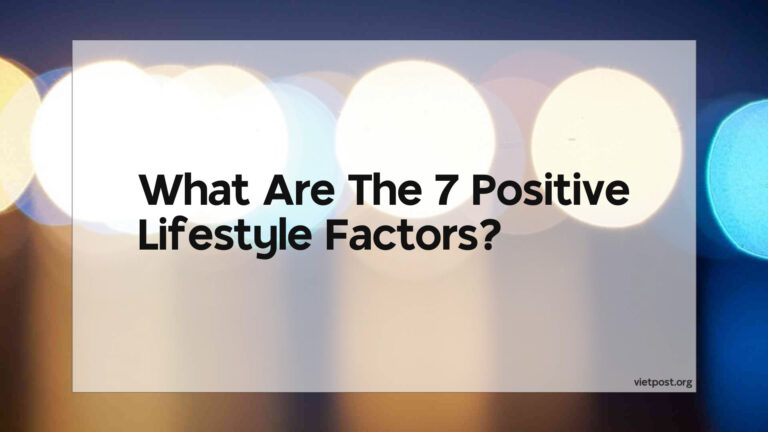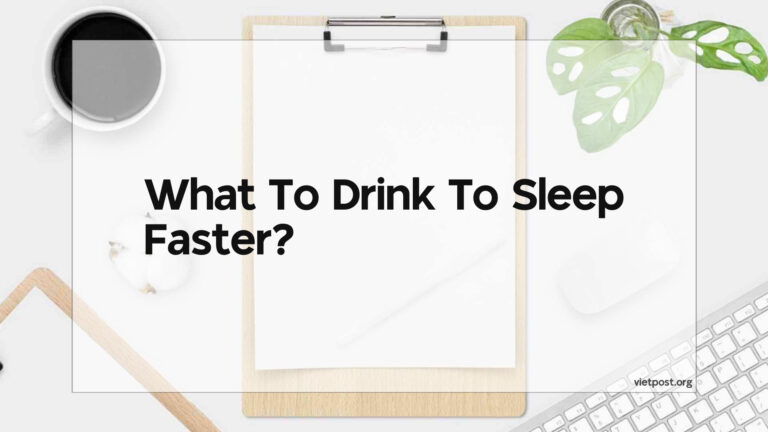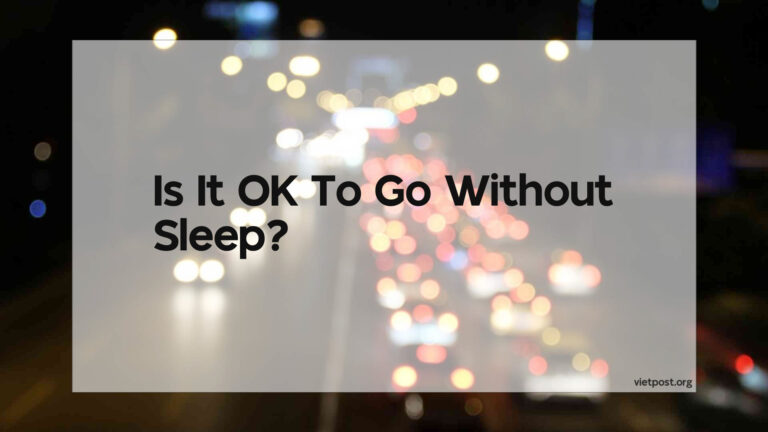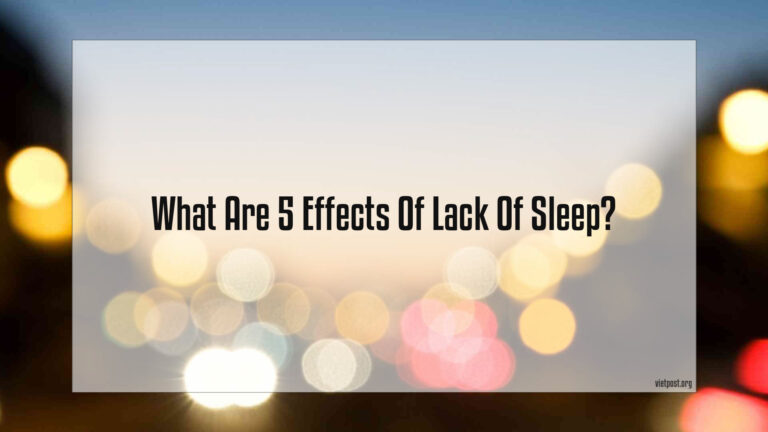Why Do Humans Need Sleep?
Humans need sleep in order to function properly.
Sleep is a vital part of human health and well-being. Sleep helps us to restore our physical and mental energy, and to repair our bodies. It is also thought to play a role in consolidating our memories and aiding in our ability to learn new information.
There are a number of theories as to why we need sleep, but one of the most widely accepted is that it helps to protect our brains. When we are awake, our brains are in a constant state of activity, which can lead to wear and tear. Sleep provides our brains with a chance to rest and recover from the day’s activities.
Some research has also suggested that sleep may help to cleanse our brains of toxins that can build up during wakefulness. It is thought that during sleep, our brains enter a state known as “slow-wave sleep,” which allows for the clearance of these toxins.
Whatever the reason, it is clear that sleep is essential for human health. So next time you’re feeling tired, don’t fight it – listen to your body and get some rest!
What Are The Benefits Of Sleep?
Sleep is beneficial because it allows the body to rest and recharge.

We all know that feeling when we’ve had a long night and we’re trying to get through the day on little to no sleep. We’re tired, our eyes are drooping, and our patience is short. All we can think about is taking a nap. Most of us have experienced firsthand how terrible it feels to be sleep deprived.
But what many people don’t realize is that chronic sleep deprivation can have some serious consequences. According to the National Sleep Foundation, Adults need 7-9 hours of sleep per day, yet more than one-third of American adults get less than that.
So,
What are the consequences of sleep deprivation?
1. Difficulty concentrating and making decisions
2. Increased risk of accidents and errors
3. Impaired memory
4. Increased stress and anxiety
5. Decreased immune function
6. Weight gain
7. Increased risk of heart disease and stroke
8. Increased risk of diabetes
9. Early death
These are just a few of the ways that sleep deprivation can impact your health. So,
What can you do to make sure you’re getting enough sleep?
1. Set a regular sleep schedule and stick to it as much as possible
2. Create a relaxing bedtime routine
3. Keep your bedroom dark, quiet, and cool
4. Limit your caffeine intake
5. Avoid alcohol before bed
6. Get up and move around during the day
7. Practice some relaxation techniques before bed
If you’re struggling to get enough sleep, talk to your doctor. They can help you identify any underlying causes and come up with a plan to help you get the rest you need.
How Does Sleep Help Our Bodies Function?
Sleep helps our bodies function by allowing them to rest and repair themselves.
A good night’s sleep is important for our overall health and well-being. When we sleep, our bodies are able to rest and repair. Sleep helps to reduce stress and promote a healthy immune system.
Sleep also plays an important role in our physical health. For example, sleep helps to regulate our metabolism and blood pressure. It also helps to repair tissue and reduce inflammation.
There are a number of different sleep disorders that can impact our health. These include insomnia, sleep apnea, and restless leg syndrome. Treating these disorders can help to improve our overall health and quality of life.
Getting enough sleep is crucial for our health and well-being. If you are struggling to get a good night’s sleep, talk to your doctor about treatment options.
FAQ
How Does Sleep Deprivation Affect Us?
Why Do We Feel Sleepy When We Haven’t Had Enough Sleep?
Conclusion
There are many theories as to why humans need sleep, but the most likely explanation is that sleep allows the body to restore and repair itself. Sleep also allows the brain to consolidate memories and to process information.
If you still have any questions about why humans need sleep, feel free to comment below.







